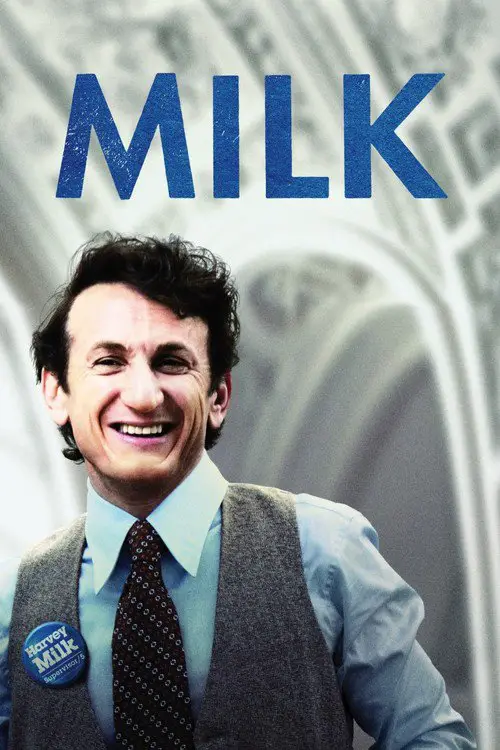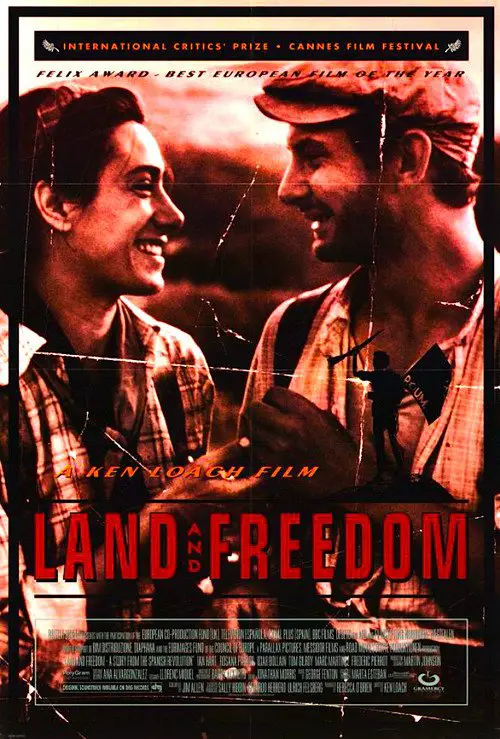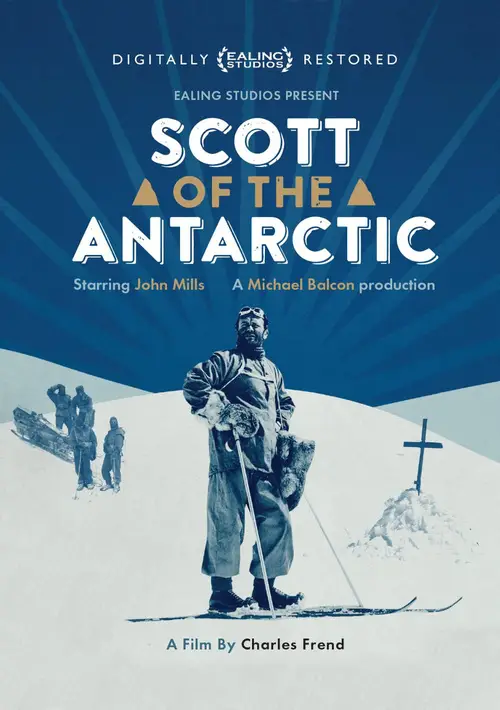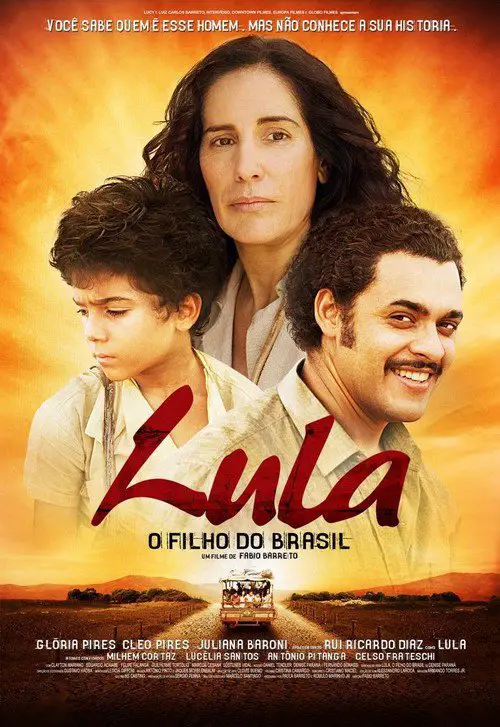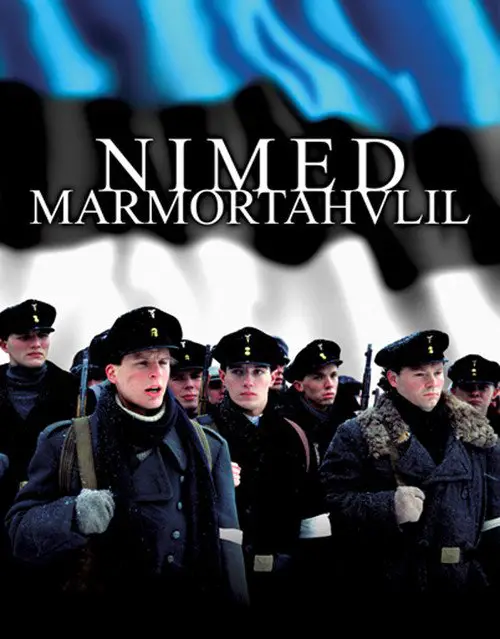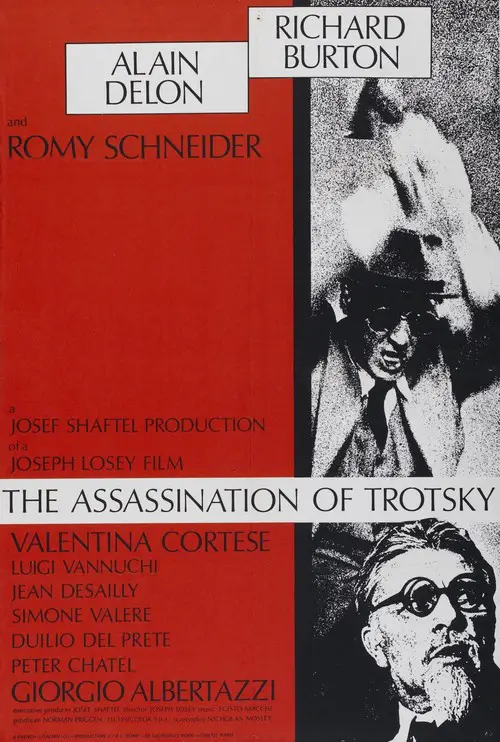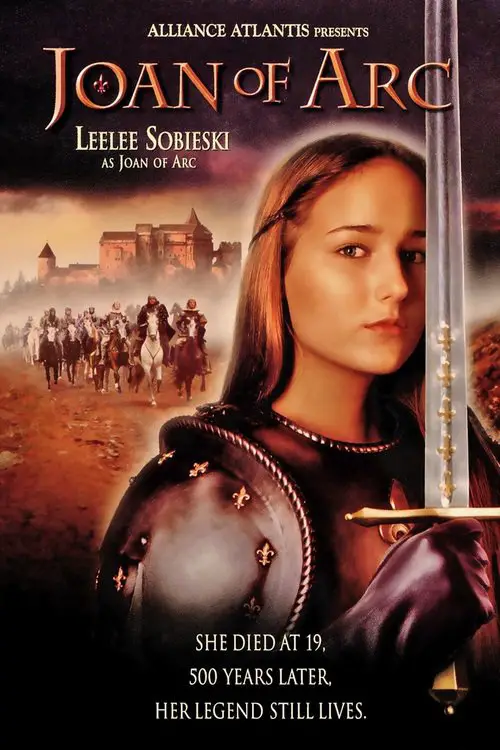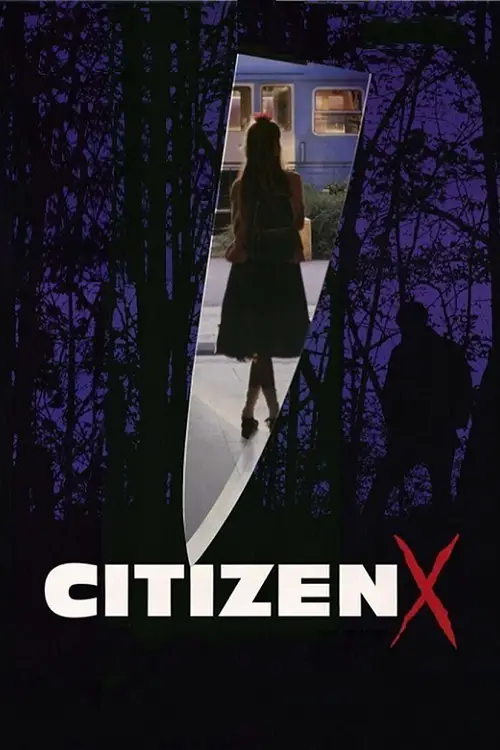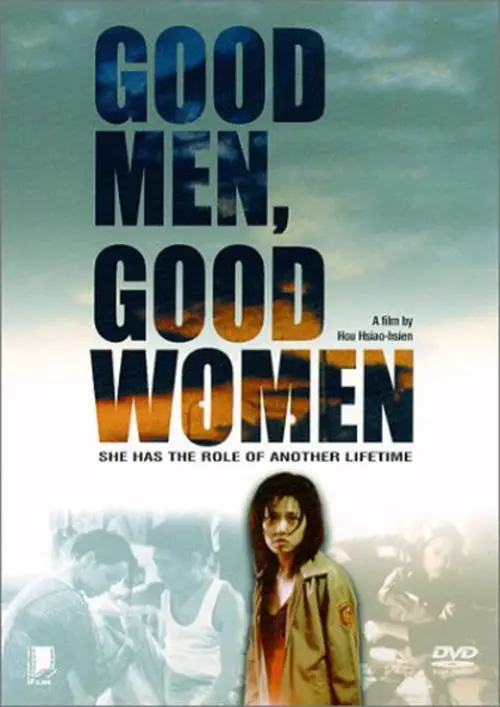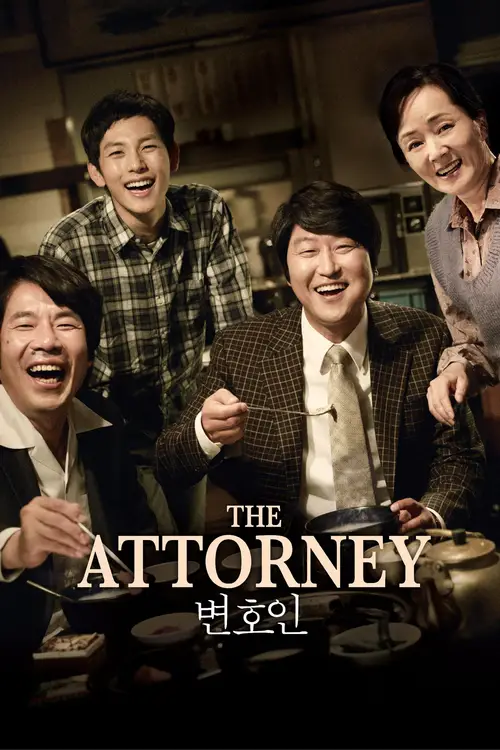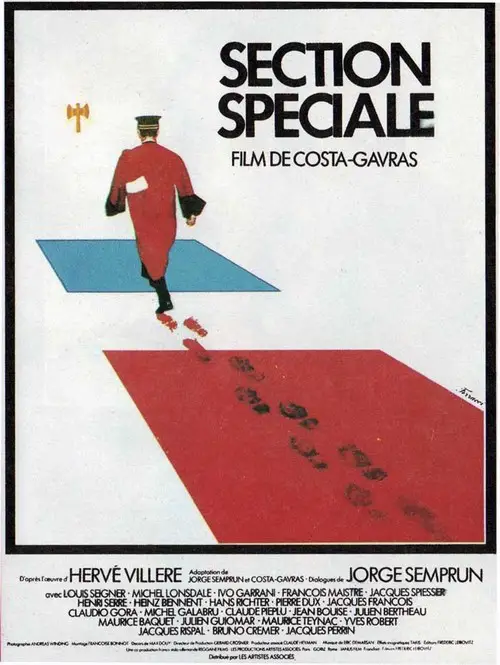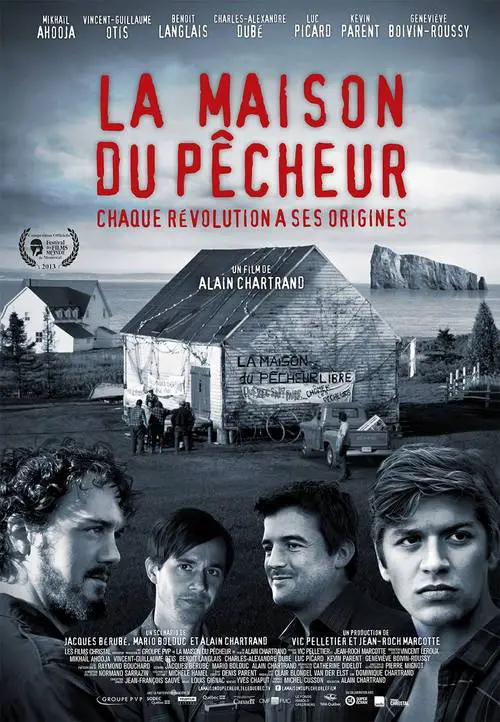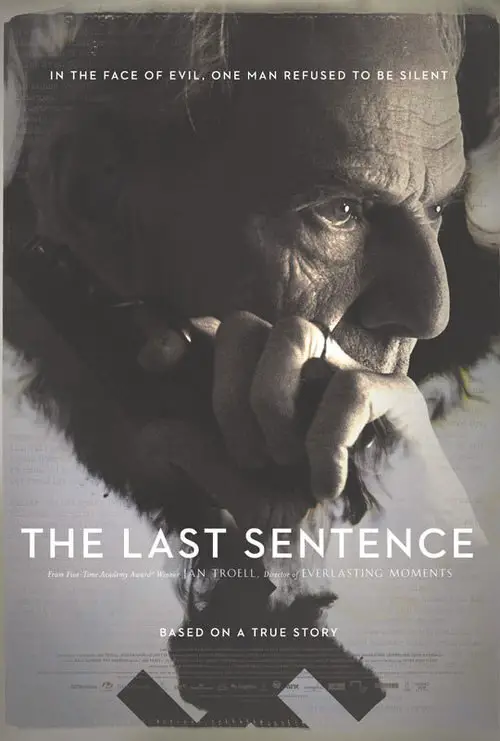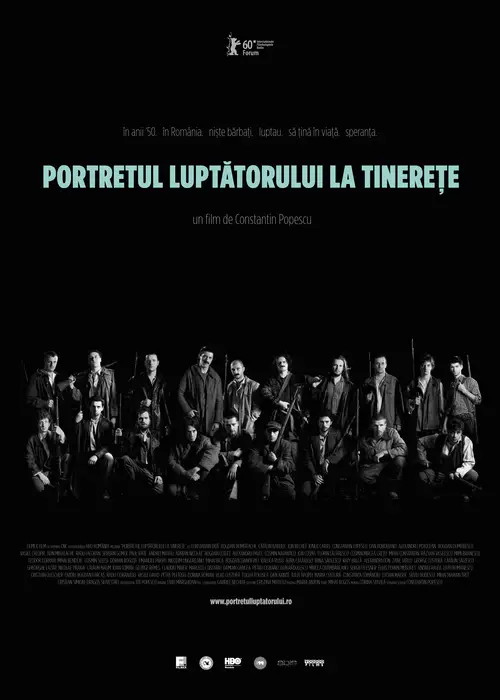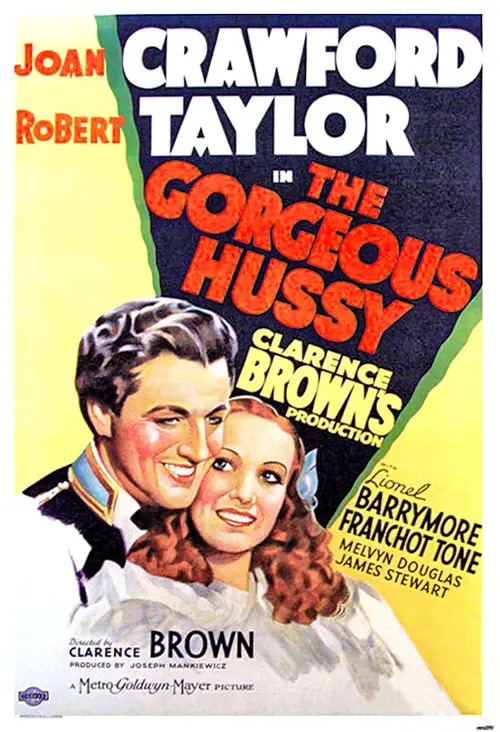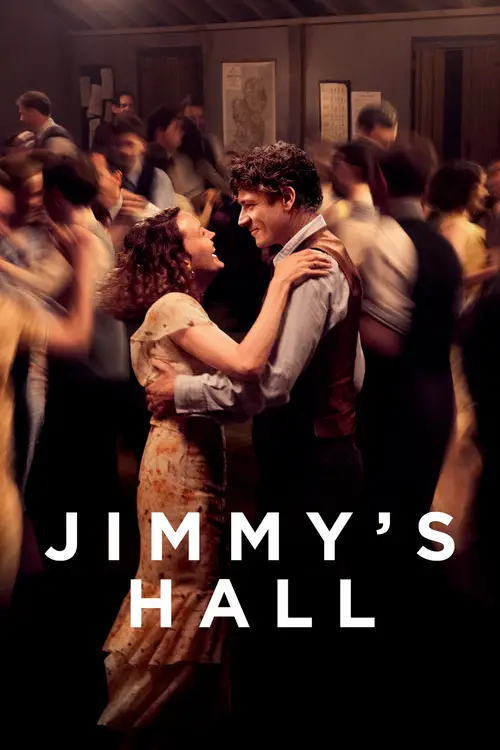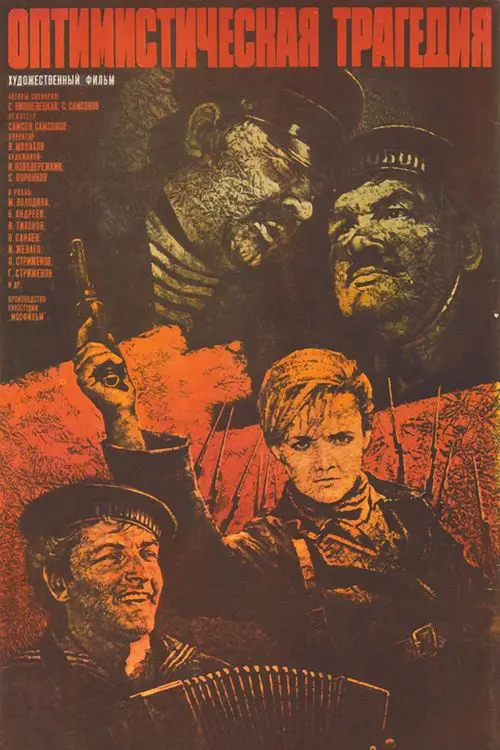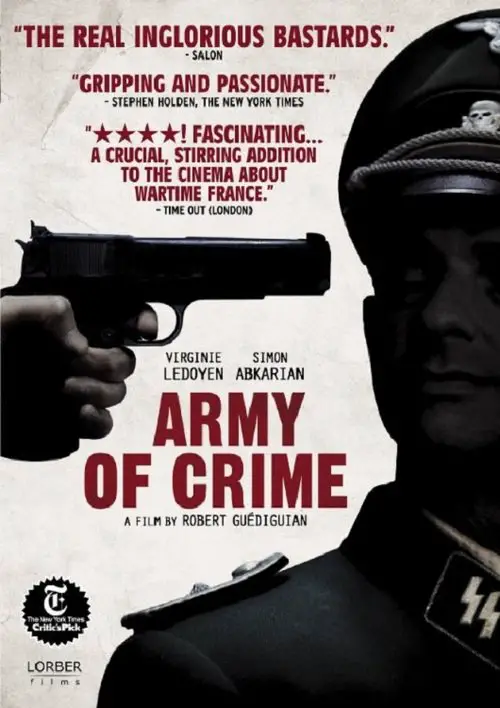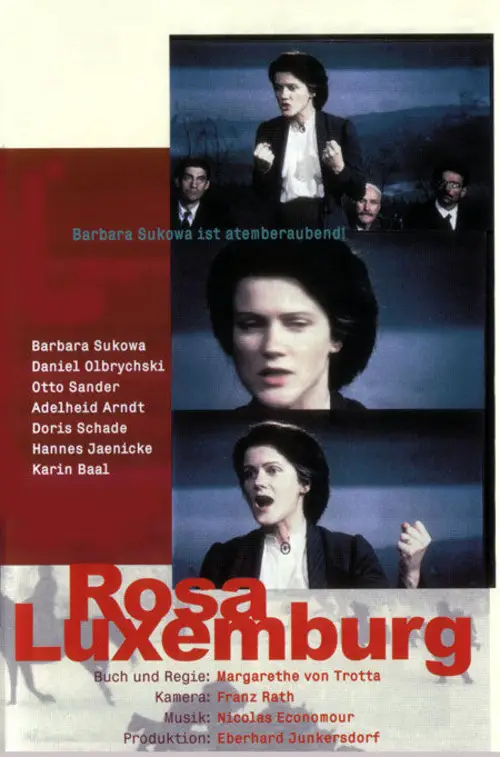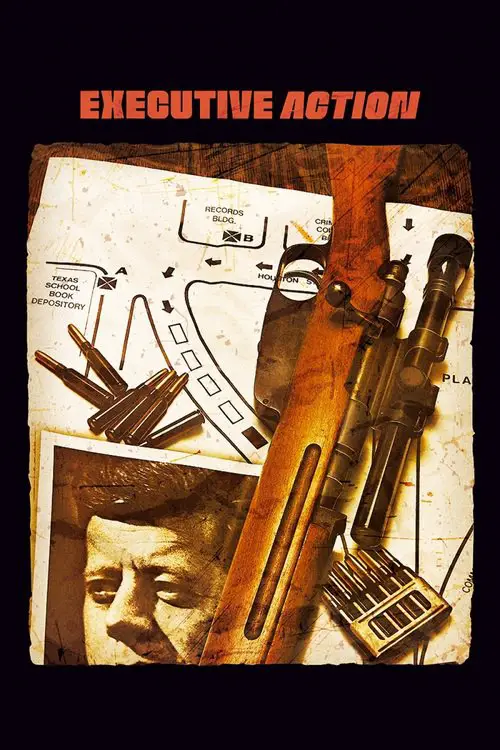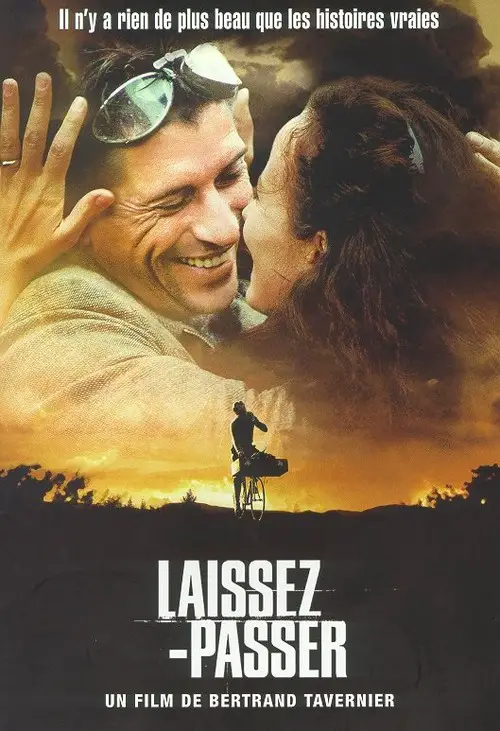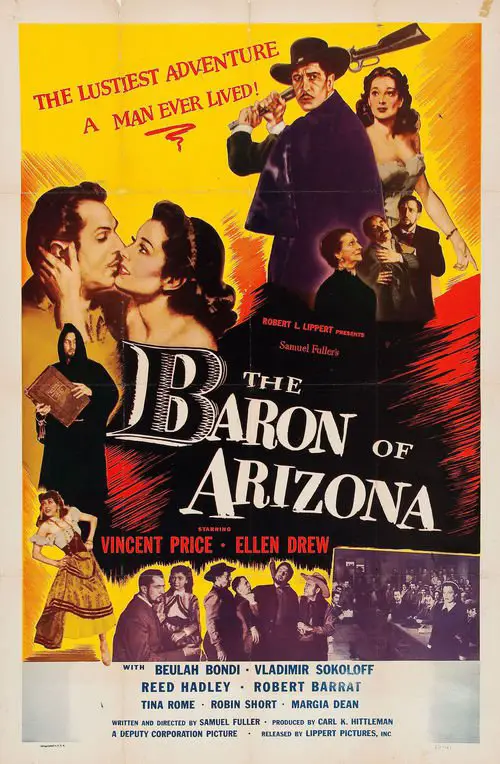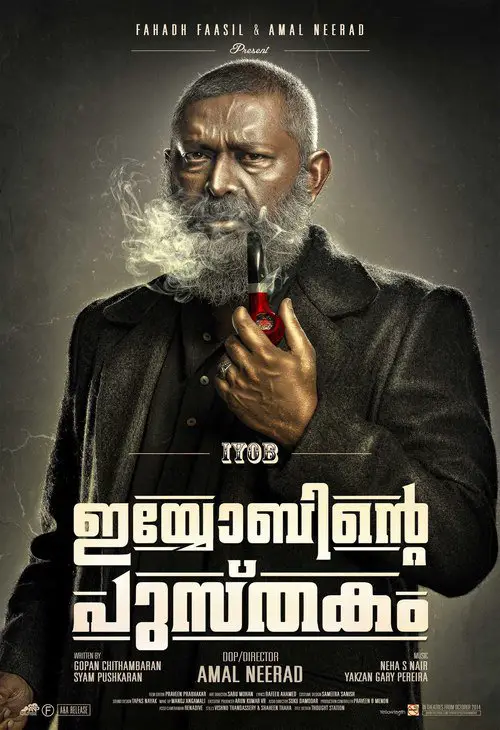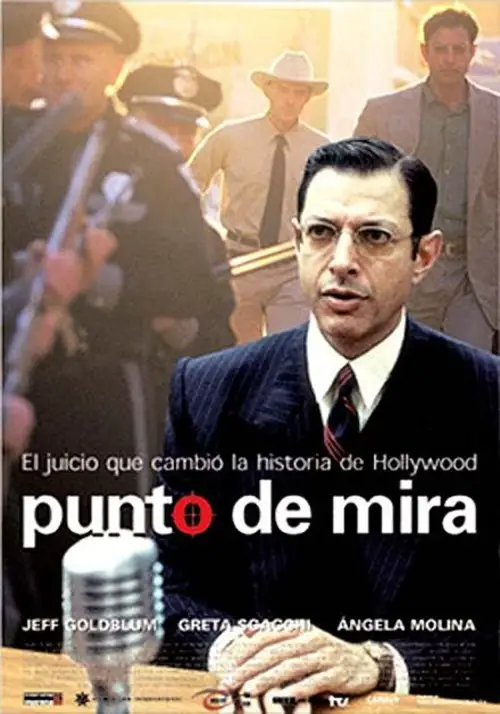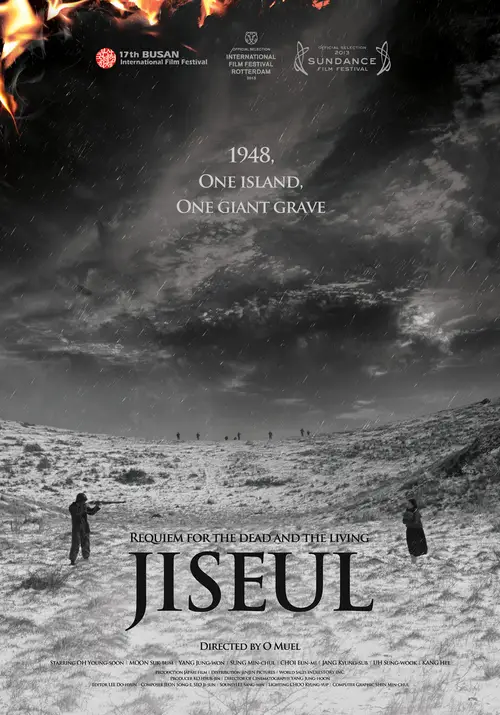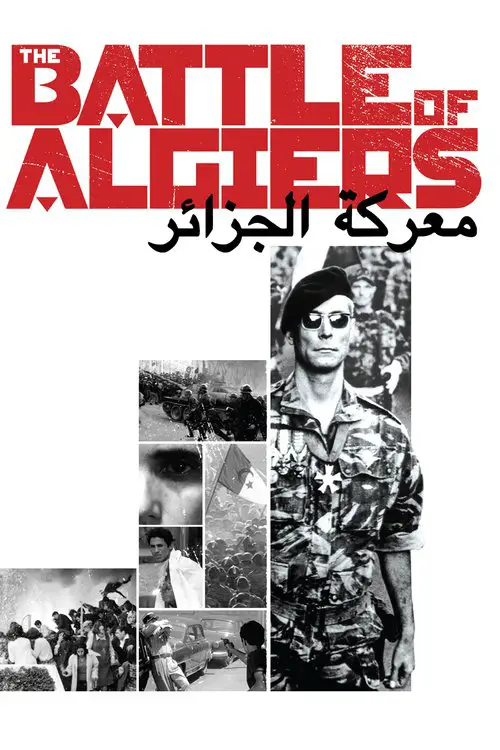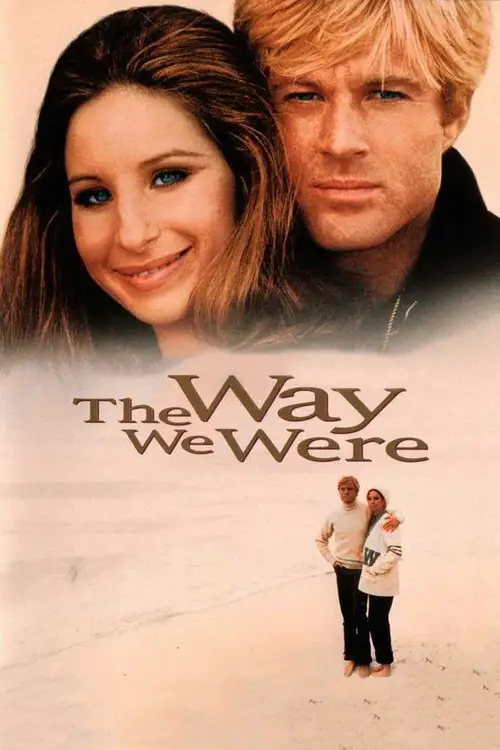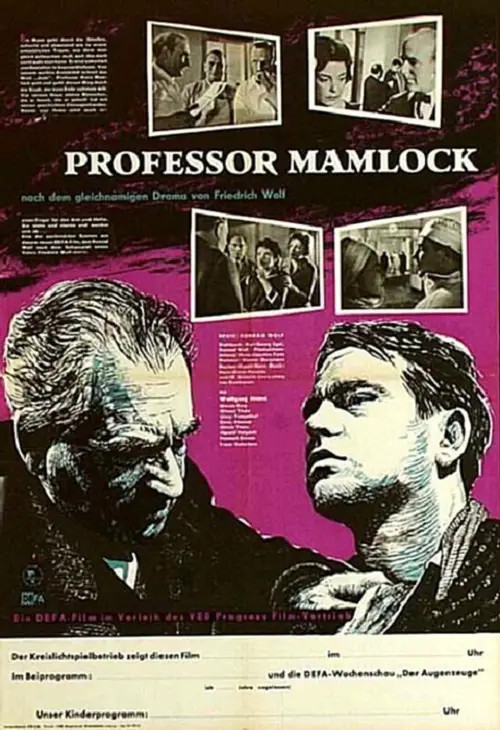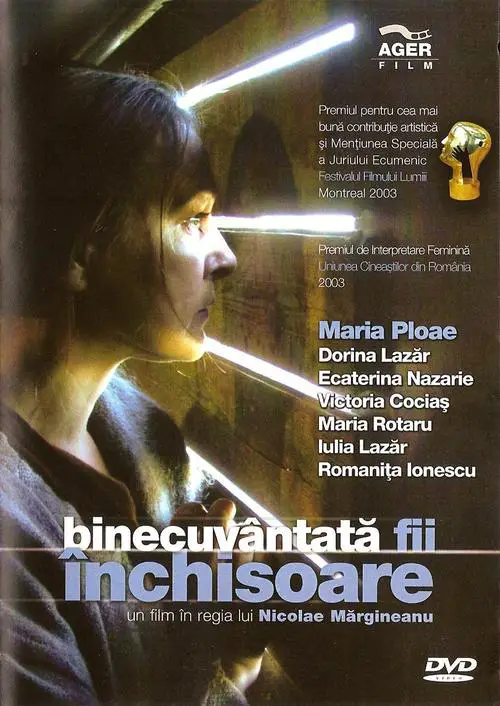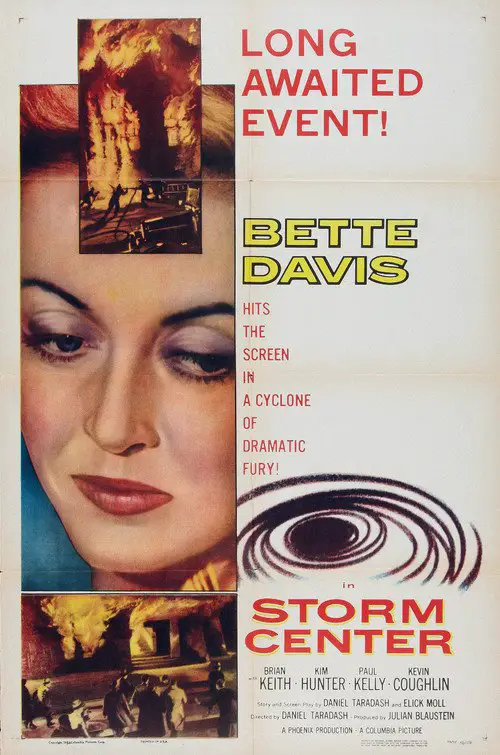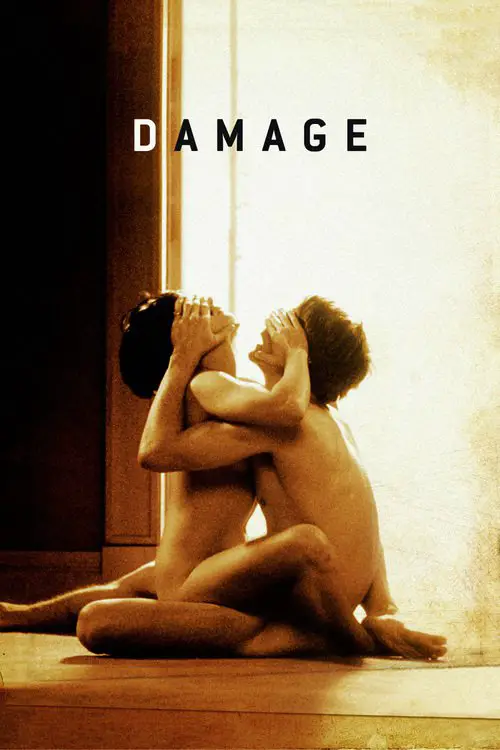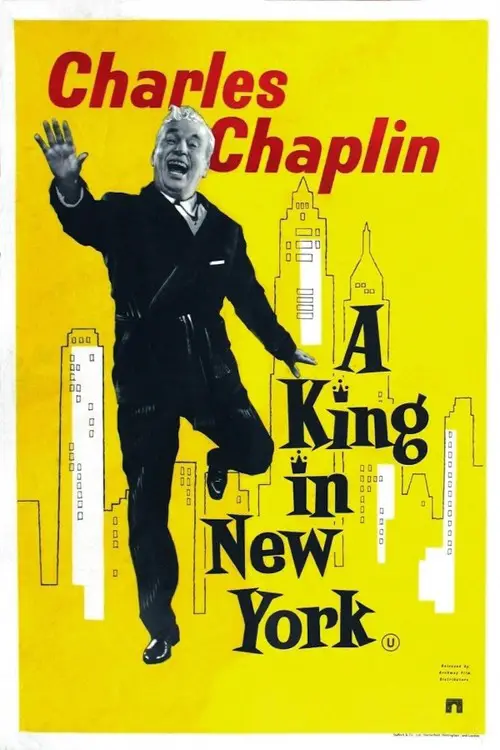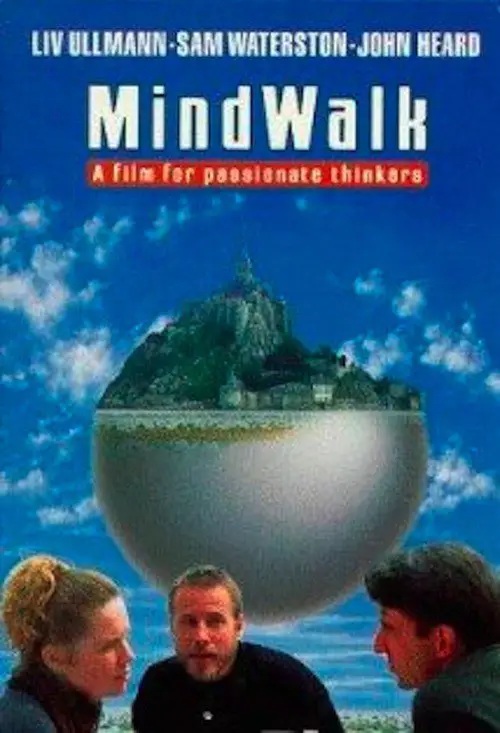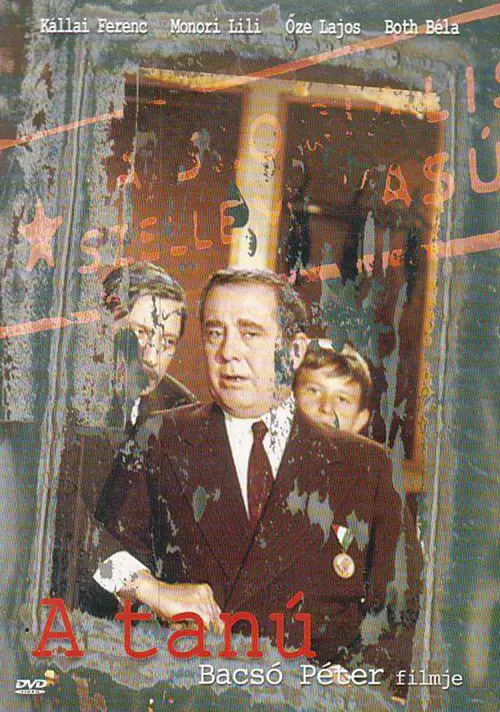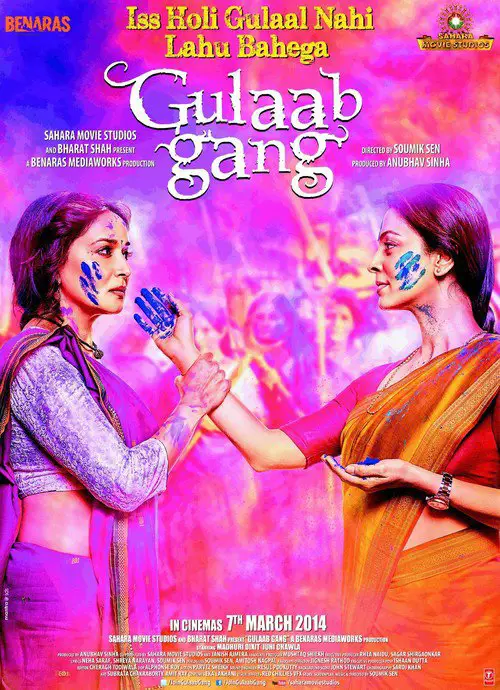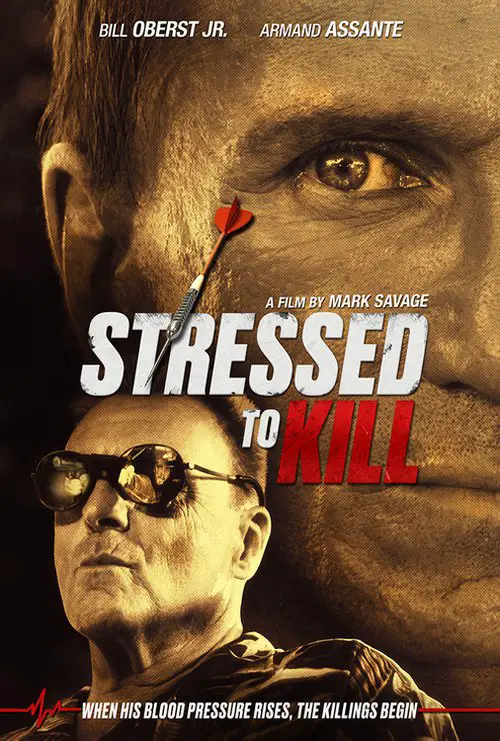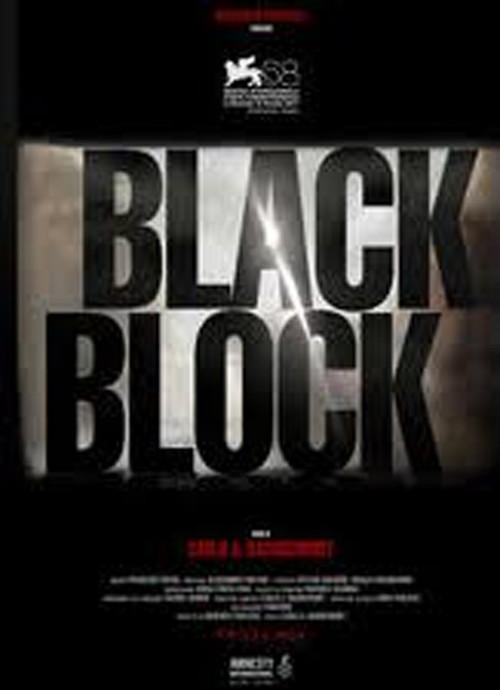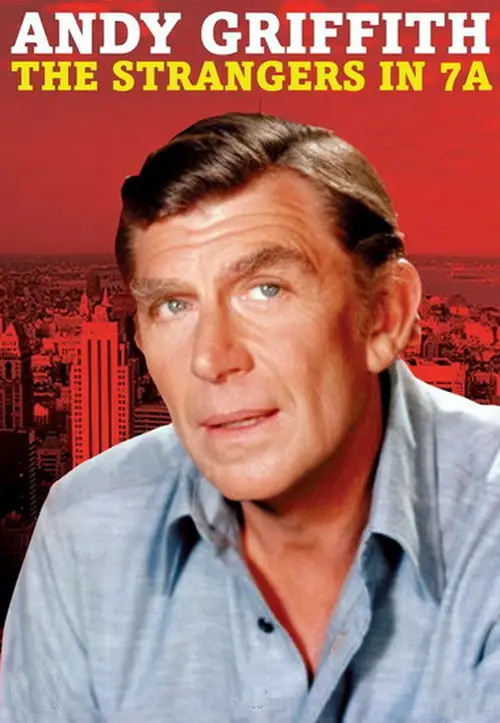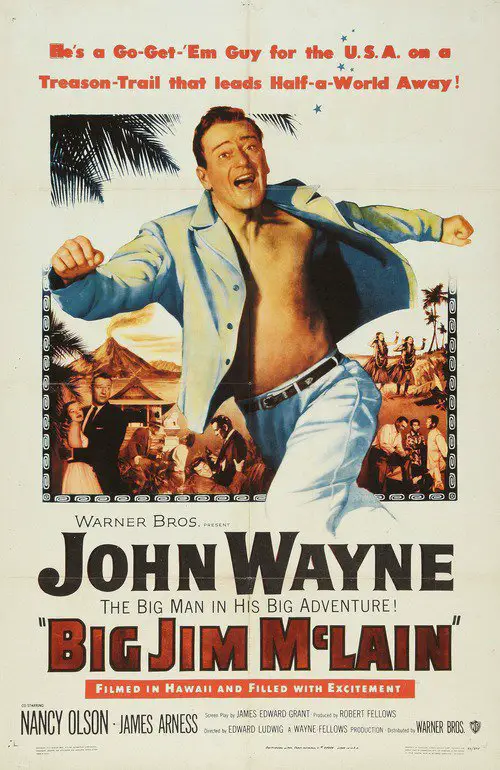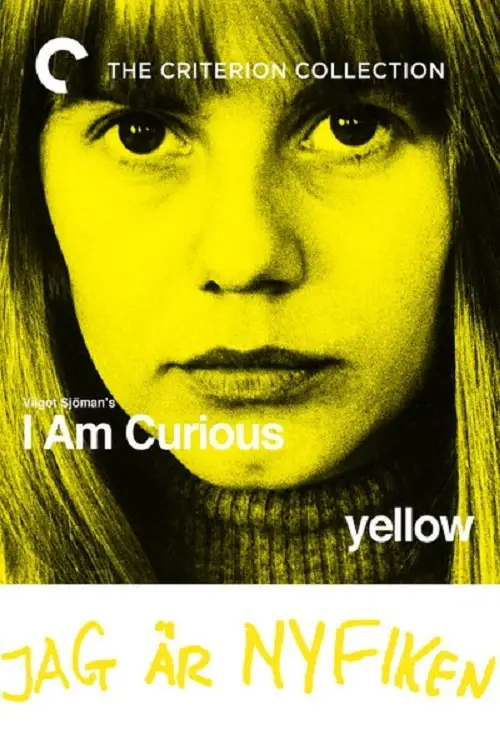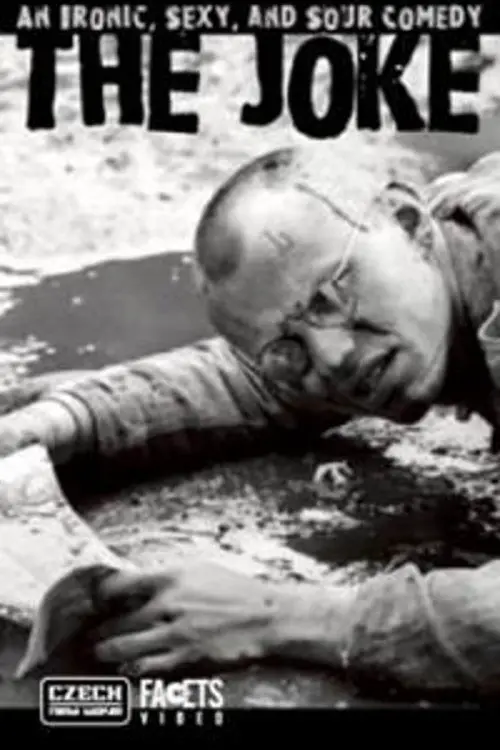Good Night, and Good Luck. (2005)

Similar movies
The story of California's first openly gay elected official, Harvey Milk, who became an outspoken agent for change, seeking equal rights and opportunities for all. His great love for the city and its people brought him backing from young and old, straight and gay, alike â at a time when prejudice and violence against gays was openly accepted as the norm.
The movie narrates the story of David Carr, an unemployed worker and member of the Communist Party of Great Britain. In 1936 he decides to fight for the Republican side in the Spanish Civil War, an anti-fascist coalition of liberals, communists and anarchists. Similar to George Orwell's experiences documented in Homage to Catalonia, he joins the POUM worker militia and witnesses first hand the betrayal of the Spanish revolution by the Stalinists, loyal only to the dictat of Moscow.
Salem, 1692. Industrious farmer, John Proctor, has twice made love to 17-year-old Abigail, a youth he and his wife have taken in. (His wife Elisabeth has rebuffed him for seven months; she is puritanical and cold.) When she finds John and Abigail embracing, she sends the lass from her home and John, feeling damned, agrees. Abigail vows revenge. Her chance comes when she accuses Elisabeth of witchcraft and manipulates younger girls to support her claims of seeing spirits. The town's minister and politicians want a cause: ridding the town of witchcraft is the ideal repression.
Ten years before her death, Joan hears voices. Six years later, from the village of Domremy, she begins her mission to unite France under King Charles. First she leads a defense of Vaucouleurs against the Burgundians, then obtains safe passage to Charles, the Dauphin. He uses her, as the embodiment of the mythical "Maid of Lorraine," to raise an army, and he sends her to the rescue of Orléans. After Charles is crowned, Joan leads a disastrous campaign in Paris, where her brother dies. Then she's the victim of Charles's manipulations: she's captured in Burgundy, sold to the English, examined by Bishop Cauchon, found a heretic by the Inquisition, and burned at the stake.
Based on the true story of a Russian serial killer who, over many years, claimed victim to over 50 people. His victims were mostly under the age of 17. In what was then a communists state, the police investigations were hampered by bureaucracy, incompetence and those in power. The story is told from the viewpoint of the detective in charge of the case.
In 1893, Gandhi is thrown off a South African train for being an Indian and traveling in a first class compartment. Gandhi realizes that the laws are biased against Indians and decides to start a non-violent protest campaign for the rights of all Indians in South Africa. After numerous arrests and the unwanted attention of the world, the government finally relents by recognizing rights for Indians, though not for the native blacks of South Africa. After this victory, Gandhi is invited back to India, where he is now considered something of a national hero. He is urged to take up the fight for India's independence from the British Empire. Gandhi agrees, and mounts a non-violent non-cooperation campaign of unprecedented scale, coordinating millions of Indians nationwide. There are some setbacks, such as violence against the protesters and Gandhi's occasional imprisonment. Nevertheless...
Intended as the concluding film in the trilogy on the modern history of Taiwan began with Beiqing Chengshi (1989), this film reveals the story through three levels: a film within a film as well as the past and present as linked by a young woman, Liang Ching. She is being persecuted by an anonymous man who calls her repeatedly but does not speak. He has stolen her diary and faxes her pages daily. Liang is also rehearsing for a new film that is due to go into production soon. The film, entitled Haonan Haonu, is about a couple Chiang Bi-yu and Chung Hao-tung who returns to China to participate in the anti-Japanese movement in China in the 1940s and are arrested as communists when they go back to Taiwan.
In the early 1980s, South Korea is torn by student protests over the lack of representation in the government. Song Woo-Seok is a successful attorney in Busan specializing in tax law. His views regarding civil liberties are changed by student activist Park Jin-woo. When Jin-Woo is brutally tortured and put on trial for his activism, Woo-seok decides to defend Jin-woo as his client.
In the summer of 1969, Bernard, a Gaspesian fisherman's son, arrive in Perce to fin work. He meets Paul, Jacques and Francis, Quebec Independence activists who have come to open the 'Fisherman's House'. They aim to organize public conferences and offer lodgings to young travelers. A motley crowd of Quebecers from all over the province soon flocks to Perce: artists, hippies, rockers, hitchhikers and the like shake local authorities. Bernard is won over by the trio's ideas and gets increasingly involved in their project. The following year, the will join the Front de liberation du Quebec (FLQ) and play a pivotal role in the Summer Crisis 1969.
Renowned journalist Torgny Segerstedt declares war against Hitler as he criticizes Swedish politicians who tried to look away from the tyranny of the Nazis with the good excuse of âneutralismâ. His only weapon is his pen and his life is full of gossip such as an affair with his bossâ wife, a love scandal with a secretary younger than his daughter, and the suicide of his wife. However, he continues to fight a one man battle against Hitler and the Nazi regime until his death, throwing the question âCan one person really change history?â to the audience.
When the Soviet Army marched into Romania in 1944, a part of the Romanian population went âinto the mountainsâ â a diverse assortment of nationalists and fascists, liberals, apolitical farmers and members of the middle-class, who were affected by the Communistsâ expropriations. Over a thousand armed resistance groups took refuge in the inaccessible forests of the Carpathian Mountains where they waited in vain for the support of the Western Allies. One of them was led by Ion GavrilÄ-Ogoranu, who managed to remain undetected until 1976 when he was arrested. This film depicts the daily existence of this group. It tells the story of a struggle that became an end in itself, as the enemy was constantly in pursuit and arrest meant torture and often liquidation. Hungry and emotionally withdrawn, the group of young men got entangled in a partisan war that could not be won, lost in the landscape of the South Carpathians, accompanied by a vigilant secret police, the Securitate.
It's the early nineteenth century Washington. Young adult Margaret O'Neal, Peggy to most that know her, is the daughter of Major William O'Neal, who is the innkeeper of the establishment where most out-of-town politicians and military men stay when they're in Washington. Peggy is pretty and politically aware. She is courted by several of those politicians and military men who all want to marry her, except for the one with who she is truly in love.
As the communist revolt progresses in Russia, a female commissar is dispatched to some anarchist sailors to get them on board the party bandwagon. Her arrival is met with skepticism and an attack by an aspiring rapist. She shoots the man in self defense and begins to form the sailors into a cohesive fighting unit. Joining the unit for a mission, the sailors are all murdered before they can convert to communism. The fallen angel is held up as a symbolic heroine to the people's cause in this decidedly propaganda-drenched film. The film took a specially created prize at the 1963 Cannes Film Festival, somewhat to the consternation of critics who failed to observe its merits.
Based upon the true story of Olga Benário, the German-born wife of Brazilian communist leader LuÃs Carlos Prestes. During the dictatorship of Getúlio Vargas (1930-1945) she was arrested and sent to Nazi Germany, where she was put to death in a concentration camp. After World War II began, Vargas decided to uphold the Allies.
This gripping historical drama recounts the story of Armenian-born Missak Manouchian (Simon Abkarian), a woodworker and political activist who led an immigrant laborer division of the Parisian Resistance on 30 operations against the Nazis in 1943. The Nazis branded the group an Army of Crime, an anti-immigrant propaganda stunt that backfired as the team's members became martyrs for the Resistance. Virginie Ledoyen co-stars as Manouchian's wife.
Wronke Prison, 1916. Social democrat Rosa Luxemburg faces a mock execution. Twenty years earlier, Rosa's political gifts are acknowledged by everyone, as she struggles for democratic government in Germany and revolution in Poland. There she works closely with Leo Jogiches. Their political activity creates some difficulty for their personal relationship... As international tensions rise, Rosa makes speeches denouncing war and militarism. She seems too radical for her fellow Socialists. She meets Karl Liebknecht. When World War I begins, Rosa and Karl are united in opposition...
The film is about the French film industry from 1942 to 1944 during the Nazi occupation. The film focuses on assistant director and resistance fighter Jean Devaivre and screenwriter Jean Aurenche. Aurenche is on the move so that he doesn't have to write anything collaborationist. Devaivre is in dangerous political activity. Devaivre also works for the German production company Continental where he is respected. On the other hand, Aurenche's scriptwriting doesn't help how he lives and he is a womanizer which causes him to procrastinate.
Algeria, the 1930s. Younes is nine years old when he is put in his uncle's care in Oran. Rebaptized Jonas, he grows up among the Rio Salado youths, with whom he becomes friends. Emilie is one of the gang; everyone is in love with her. A great love story develops between Jonas and Emilie, which is soon unsettled by the conflicts troubling the country.
This movie tells the true story of John Reed, a radical American journalist around the time of World War I. He soon meets Louise Bryant, a respectable married woman, who dumps her husband for Reed and becomes an important feminist and radical in her own right. After involvement with labor and political disputes in the US, they go to Russia in time for the October Revolution in 1917, when the Communists siezed power. Inspired, they return to the US, hoping to lead a similar revolution. A particularly fascinating aspect of the movie is the inclusion of interviews with "witnesses", the real-life surviving participants in the events of the movie.
Tracing the struggle of the Algerian Front de Liberation Nationale to gain freedom from French colonial rule as seen through the eyes of Ali from his start as a petty thief to his rise to prominence in the organisation and capture by the French in 1957. The film traces the rebels' struggle and the increasingly extreme measures taken by the French government to quell the revolt.
In eighteenth-dynasty Egypt, Sinuhe, a poor orphan, becomes a brilliant physician and with his friend Horemheb is appointed to the service of the new Pharoah. Sinuhe's personal triumphs and tragedies are played against the larger canvas of the turbulent events of the 18th dynasty. As Sinuhe is drawn into court intrigues he learns the answers to the questions he has sought since his birth.
Young Park Seol-Hee is eagerly planning her wedding to a young anti-Communist activist when the North Koreans invade. Her fiancé is forced to flee, leaving her behind with her family in their tiny, rural South Korean village. Rather than resist the North Korean regiment that comes to occupy the area, the townspeople (to Seol-Hee's dismay) decide to cooperate with them in order to ensure their own survival. The North Koreans, however, turn out not to be all that Seol-Hee expected. She soon realizes that there is a history between her family and that of the regiment's leader, Lieutenant Kim Jeong-woong. In between the hilarious day to day antics of Seol-Hee's eccentric family and the hard realities of war, the attachment between Seol-Hee and Jeong-woong grows. As the occupation continues, Jeong-woong becomes torn between trying to follow the increasingly harsh orders from his general and protecting the people that he has come to love and care for so much.
Professor Hans Mamlock is the distinguished chief of surgery in a university hospital. The year is 1933, and although the Professor is Jewish, he remains unconcerned with politics and the growing Nazi threat. Mamlock identifies strongly as a German, and he believes his culture to be simply incapable of the common barbarism associated with the Nazi party. Accordingly, he shows little understanding for people with strong or unpopular political views, such as Walter, a patient, and Rolf, his own son. Indeed, when Rolf joins the communists in resisting the Nazis, Mamlock throws him out of his house. As the persecution of Jews intensifies during the 1930s, Mamlock's own daughter is targeted for anti-Semitic attacks at her school...
Based on Nicole Valery-Grossu's European best seller autobiographic novel "Bless you, prison", the film is a true story, with real events and characters. A young intellectual woman, Nicole, is arrested in the years of Stalinism simply for being an active member of an opposition party. There follow three months of exhausting interrogation and isolation. Alone in a cell, she undergoes a spiritual experience similar to that of the great mystics. She proceeds to an in-depth soul-searching that helps her discover the power of faith and steels her to put up resistance. Nicole goes through the ordeal of communist prisons, conflicts and risky activities, and manages to provide a heartening example for the other inmates. Daily prison life is not drab but full of unexpected happenings like a story.
The elections are approaching and the largest opposition party in the country do not look good. Its leader, Enrico Oliveri can not stand the pressure and disappears. Fearing a scandal, the eminence grise of the party had brought into play the twin brother of the politician. Even if looks like two drops of water with his brother Giovanni may have a different personality. His ideas are innovative and direct approach to get the party in the polls ...
He suffers from a progeria like syndrome. Mentally he is 13 but physically he looks 5 times older. In spite of his condition, Auro is a very happy boy. He lives with his mother Vidya, who is a gynaecologist. Amol is young, progressive politician. He is a man with a mission. Auro is Amol's son. Paa is a 'rare' story about a father-son, son-father relationship.
As for the film, Cameraman Ganga Tho Rambabu is another story of corrupt Indian politics brought to its knees by a single man, in this case Pawan Kalyan's Rambabu. When Rambabu is spotted defusing a potential riot he becomes something of a folk hero in Andhra Pradesh, and Cameraman Ganga (Tamannah), a newswoman eager to climb the corporate ladder, decides to take advantage of his new celebrity by bringing him on as an investigative reporter of sorts at her TV station. There is tension, suspense, a love triangle, murder, and numerous fights and songs, and it all adds up to what seems to be an above average masala film, and a return to form for director Puri Jagannadh.
A US politician visits his poet friend in Mont. St. Michael, France. While walking through the medieval island discussing their philosophies of life they happen upon Sonja, a scientist in recluse, who joins in their conversation. The two men listen to the ideas of this brilliant woman and discuss how her ideas can work in their own politician and poet lives.
Known as the best satire about communism, banned for over a decade in Hungary. 'The Witness' has become a cult classic, well received by critics and general audiences when it was finally released outside of Hungary. 'The Witness' takes place during the height of the Rákosi Era, which was closely modeled after the ruthless and brutal Stalin regime. The film follows the life of an ordinary dike keeper, József Pelikán, who has been caught for illegally slaughtering his pig, Dezsõ. Instead of doing hard time for his "heinous" crime, Pelikán is elevated into an important position, generally reserved for the communist elite. His new benefactor, the mysterious Comrade Virág, is reluctant to reveal the real reason behind Pelikán's preferential treatment. Thus, begins Pelikán's hilarious adventure deep within the "sophisticated" communist society... Until one day, when he gets called for to return the "favour" by falsely testifying against his long-time friend in a mock-up show trial.
After suffering a heart attack, Bill (Bill Oberst) takes his doctor's advice literally to eliminate the stresses from his life. The plan is working until his killings attract the attention of a psychotic cop (Armand Assante) who isn't sure whether he wants to arrest or join him. Complications deepen when it becomes apparent to Bill that the biggest cause of stress in his life might be his wife.
Andy Griffith plays a philandering apartment house manager who picks up a pretty young girl (Suzanne Hildur) in a bar. He takes her home, whereupon the girl's male cronies show up armed with guns. Griffith and his wife (Ida Lupino) are held hostage by the crooks, who plan to use the apartment as headquarters while they pull off a big robbery. Director Paul Wendkos stages the action essentially from the victim's point of view; we see only what they see, and are kept guessing as to the full details of the crime and the ultimate fate of the hostages. Based on a novel by Fielden Farrington, The Strangers in 7A was first telecast on November 14th, 1972 as a CBS Movie of the Week.
Lena, aged twenty, wants to know all she can about life and reality. She collects information on everyone and everything, storing her findings in an enormous archive. She experiments with relationships, political activism, and meditation. Meanwhile, the actors, director and crew are shown in a humorous parallel plot about the making of the film and their reactions to the story and each other. Nudity, explicit sex, and controversial politics kept this film from being shown in the US while its seizure by Customs was appealed.
© Valossa 2015–2026
| Privacy Policy
